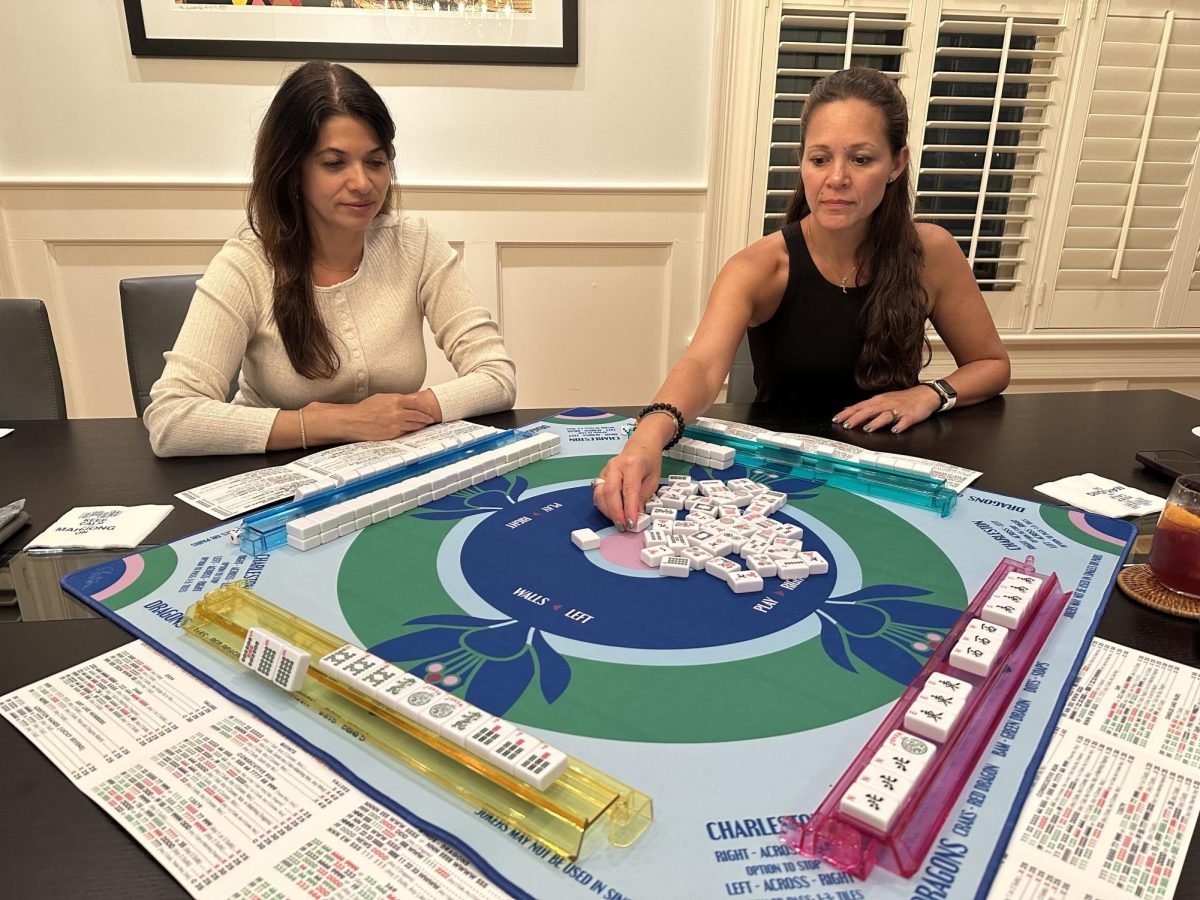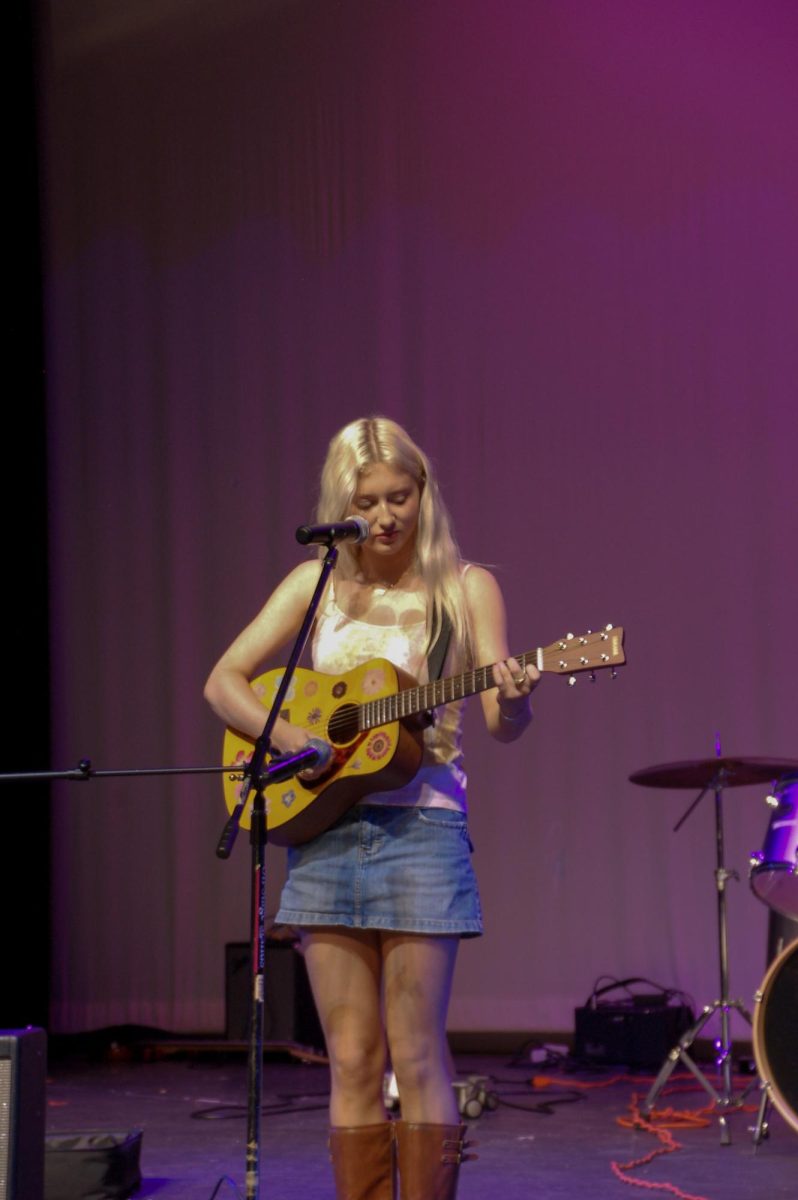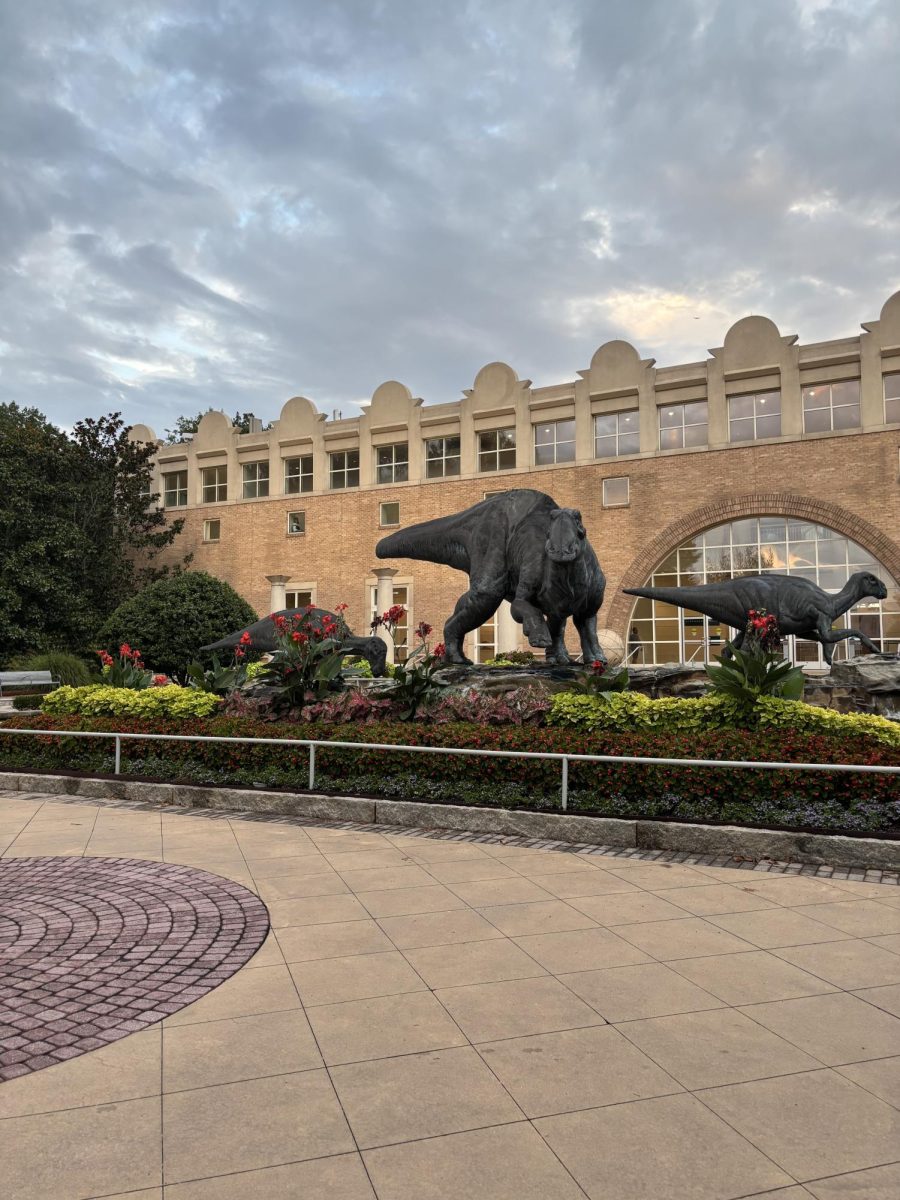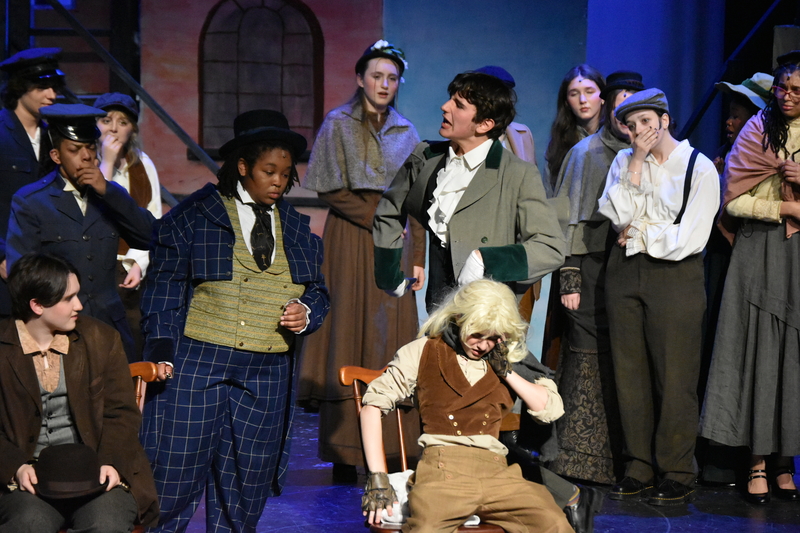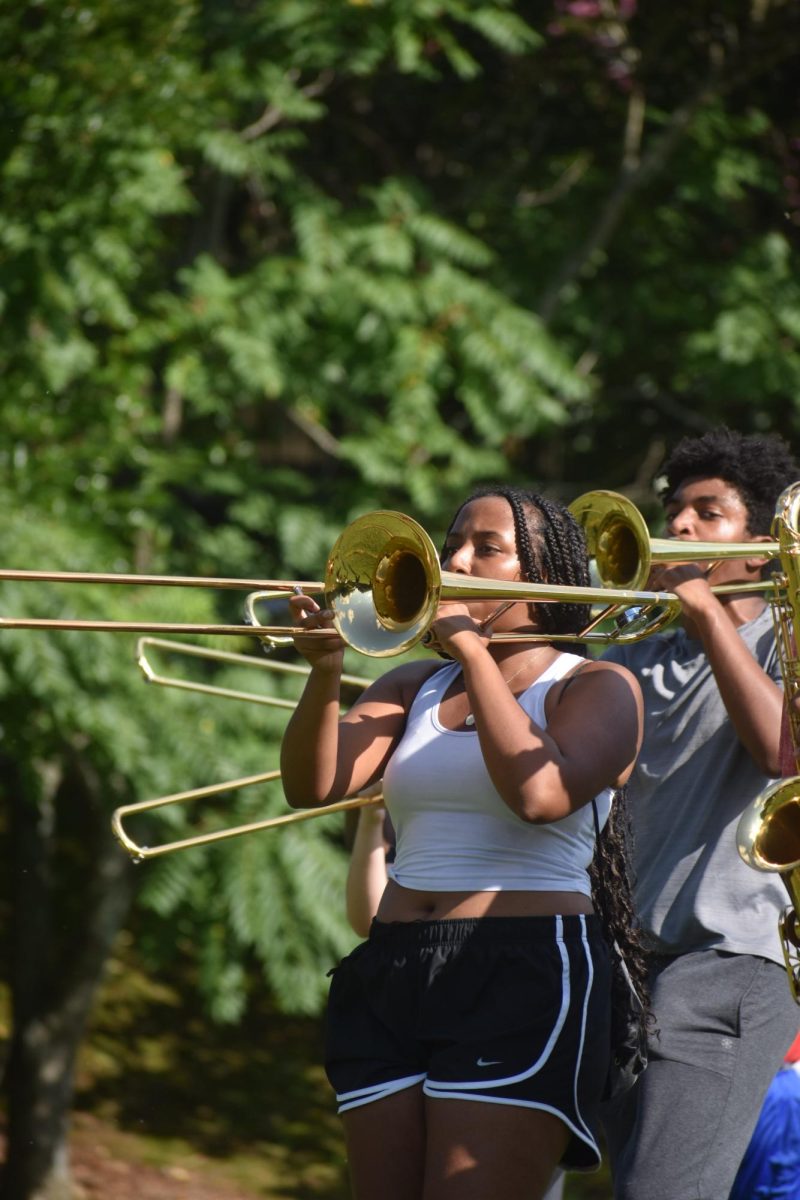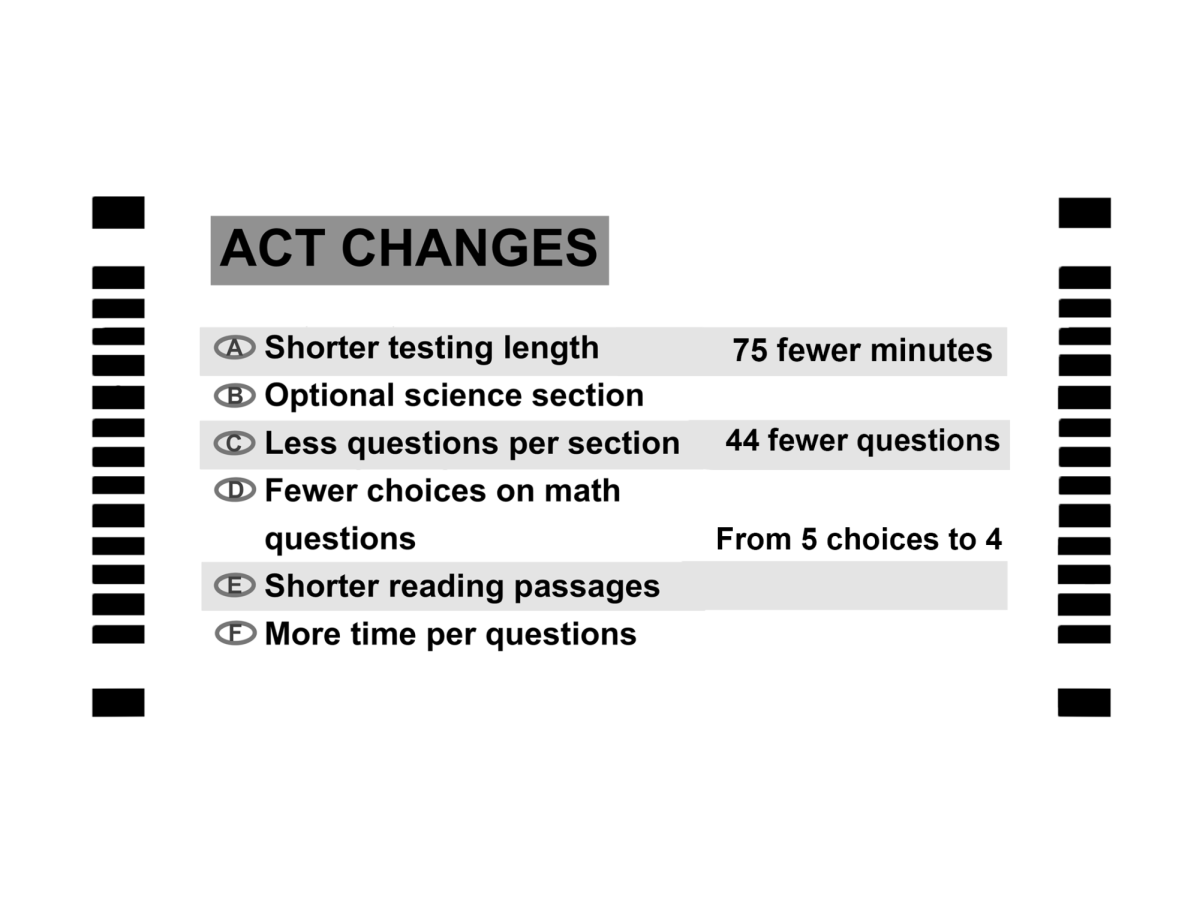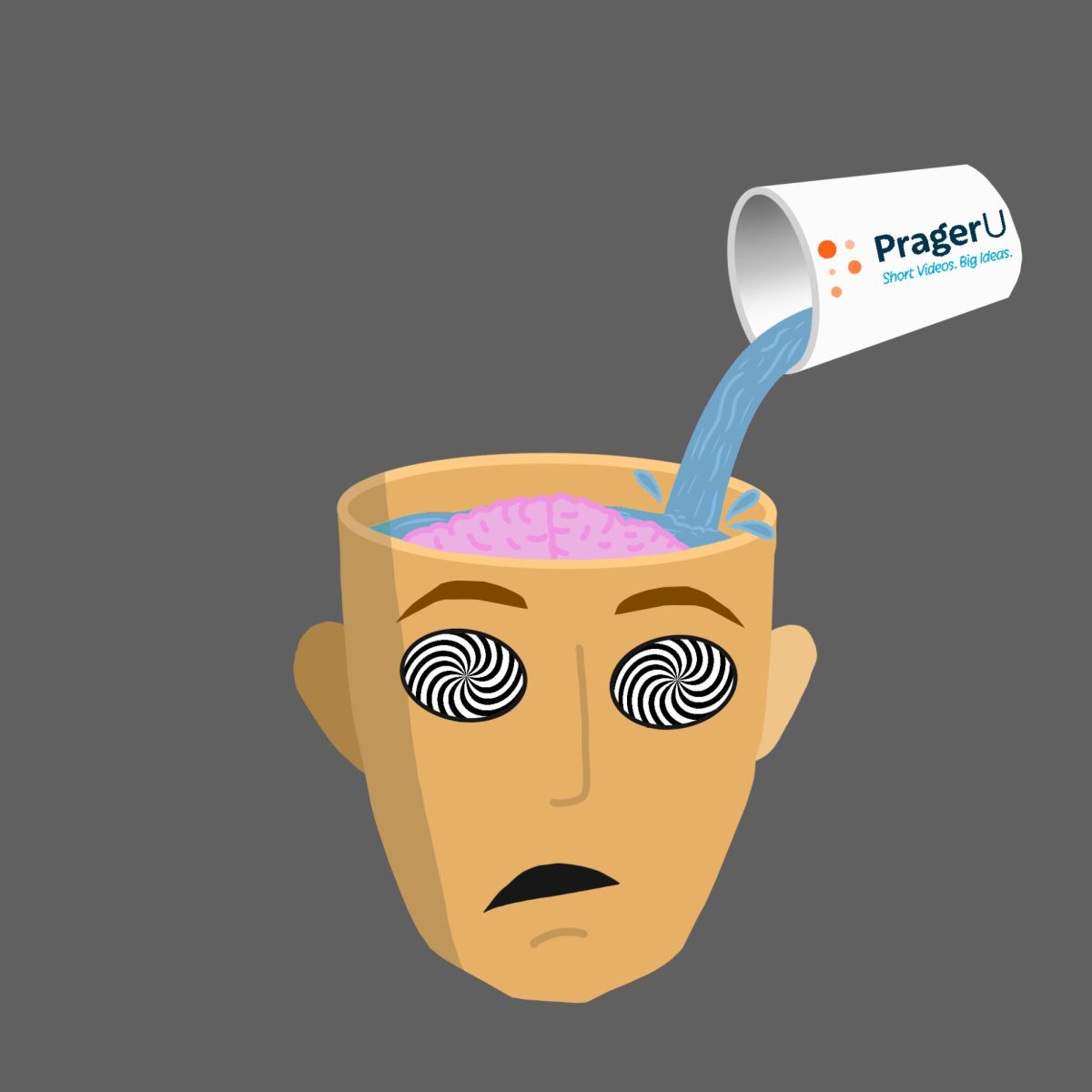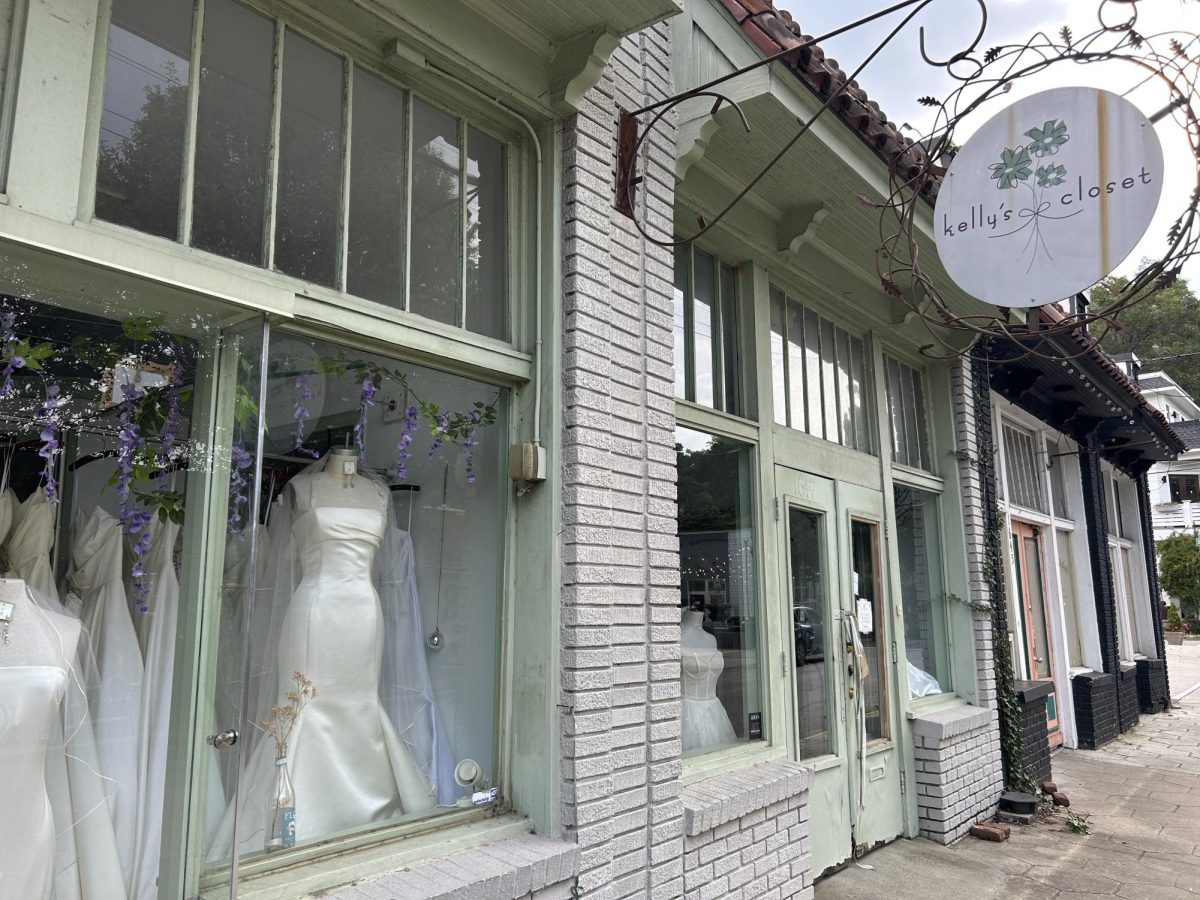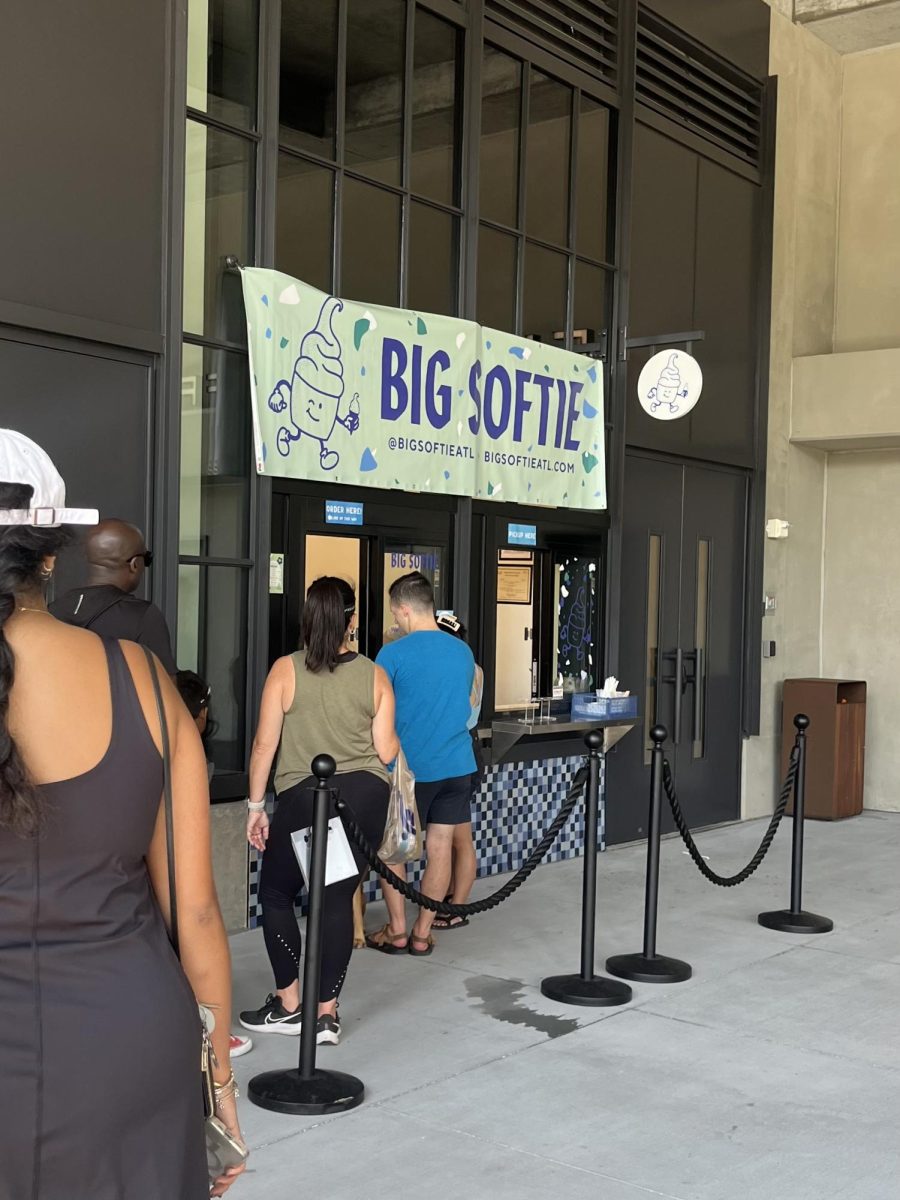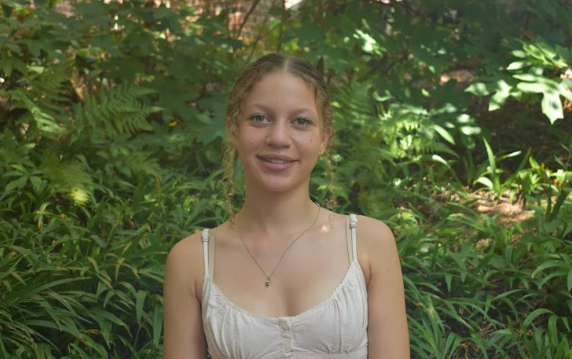The complex Chinese game Mahjong has been rising in popularity and is building friendly communities where all players can maintain and grow their cognitive abilities. A group of Midtown moms and daughters picked up the game and began sharing it with others.
Mahjong is typically played by four players, but it can be adjusted for smaller groups. After players shuffle the tiles and roll the dice, they distribute the tiles and start exchanging them. The game ends when someone forms a matching pattern of 14 tiles and calls out “mahjong.”
“It’s different from other games because it’s sort of like an all in one game,” sophomore Sienna Zizzi said. “You play with pictured tiles, dice, key cards of the pattern options, moving the pieces around and a whole bunch of other stuff. It’s just got a bunch of different things you can learn in one game which makes it really interesting.”
The unique mix of board games in mahjong provides new game experiences that differ from the ones people get from regularly-played board games.
“I think what’s driving the popularity is the fact that it’s something new for people to do that a lot of people haven’t done before,” parent Sarah Agarwal said. “There are so many people that are interested in playing because I think people are just sick of doing the same thing.”
Agarwal has noticed that playing mahjong draws attention and, just by watching, onlookers become interested in the game.
“Any time I’ve brought the Mahjong set and we’ve played it at a coffee shop, the people that work there, and also anyone that’s walking by or sitting by the table or by the door are always asking questions like, ‘Oh, are you playing Mahjong?’ ‘Oh my God, it’s so amazing.’ ‘Oh, I have my old grandmother’s set, and I’ve never played with it,’” Agarwal said.
Mahjong has been growing in popularity as both a game and a topic of conversation. As more people talk and hear about it, they are more interested in learning to play.
“I think being able to spend time with your neighbors and just build community and it’s a fun thing that’s kind of like doing a puzzle,” parent Lauren Ellen said. “[Mahjong] gives a lot of us a reason to get together. I don’t get to see a lot of the ladies that I play with on a daily basis. So it gives us a good reason to hang out and spend more time together.”
For some people, mahjong is more than just a game, it’s a way to bond with others. The game connects communities and helps build relationships between people of all ages.
“Across all ages, I think Mahjong is a great game for anyone from young kids up until people who are in a nursing home,” Ellen said. “I think it’s a great way to get people together and get them talking and enjoying each other, but also having fun and getting to use your brain.”
Mahjong not only creates valuable social interactions for many people, but it also improves cognitive abilities in a fun way.
“I think it’s also amazing because it sort of trains your cognitive type skills and it forces you to actually have to concentrate in, you know, use your memory and that kind of thing,” Agarwal said. ”I think it improves your brain health in memory skills.”
Agarwal said the game is great for strengthening school, senior living and assisted living communities. For older adults, mahjong keeps people feeling supported and not lonely as they age.
“For me, it provides such a sense of community,” Agarwal said. “And I think that is one of the key things that when people are aging, especially middle-aged and up, I think they say that a sense of community is one of the five key things that keeps people going as they age.”
The game’s benefits extend to students as well. It allows them to decompress after school, but it still contributes to their intellectual development.
“With school, I think mahjong reduces stress because it gets your mind off of things,” Zizzi said. “If you had a bad day and then you go and play mahjong, you won’t be thinking about your bad day. It just helps you relax and calm down because the game takes concentration so it’s not super loud but you still can chat.”
Mahjong is a game for all people that is good for the brain with knowledge and the heart with community.
“It’s a fun way to work your brain with your friends,” Ellen said. “It is like working a puzzle and keeping your brain fresh is a good thing. But then it also has the benefits of being around other people and just being social and building relationships and having people in your life and building a community, which is also important.”

